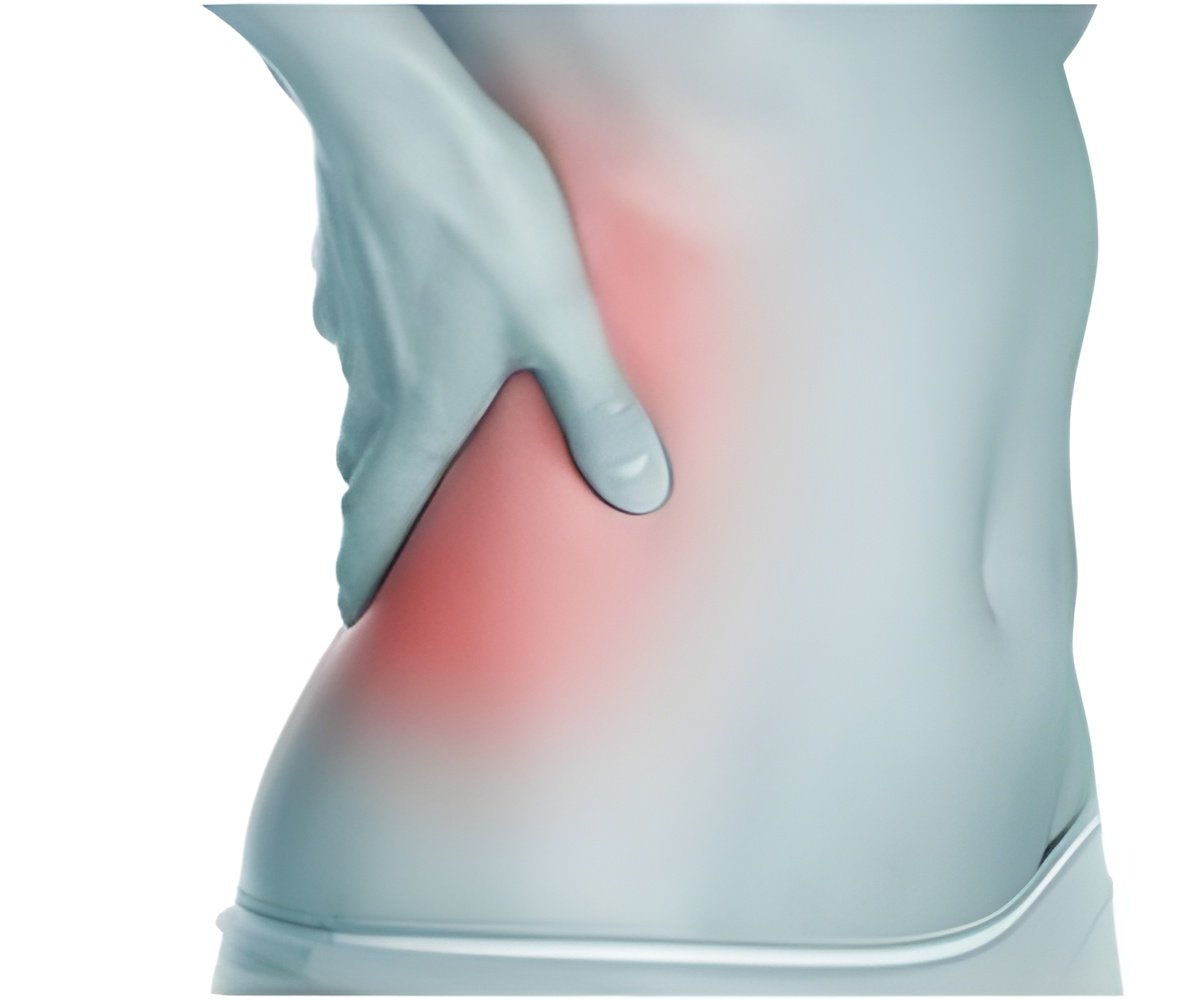
In practice, this could impact functionality, reducing a worker's ability to operate machinery, compromise a soldiers' shooting response time, or limiting a child's writing or drawing capacity, the Journal of Applied Physiology reports.
Muscle and skeletal damage are real concerns. Tel Aviv University researchers say that nerve damage, specifically to the nerves that travel through the neck and shoulders to animate our hands and fingers, is also a serious risk, according to a TAU statement.
Amit Gefen and Yoram Epstein, both professors from the TAU faculties of biomedical engineering and medicine, respectively, with doctoral student Amir Hadid and Nogah Shabshin of the Imaging Institute of the Assuta Medical Centre, have determined that heavy loads on the back could potentially damage soft shoulder tissues.
School bags are a major concern. It cannot be assumed that children's bodies react to shoulder stress in exactly the same way as adults.
Differences in physiology could lead to different consequences, tolerance and damage levels, warns Gefen.
Advertisement
"The backpack load applies tension to these nerves," explained Gefen.
Advertisement
Source-IANS











